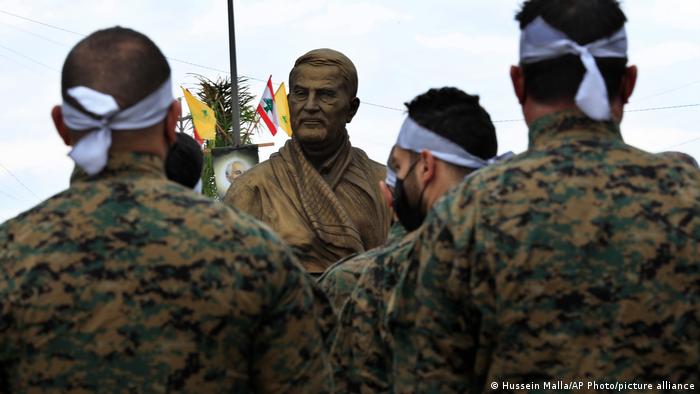
The enigma of life’s inception remains one of the most profound questions challenging the scientific community. The pursuit to unravel this mystery has led researchers to consider the early Earth’s complex chemical landscape, where inanimate substances like water and methane underwent a transition, birthing the very first living cells. This remarkable transformation, believed to have occurred over 3.5 billion years ago, is a process scientists posit could have happened on countless planets across the cosmos. The central dilemma lies in the elaborate nature of even the simplest life forms. Bacteria, for instance, boast an intricate network of over a hundred genes and a plethora of molecules engaging in a dynamic biochemical ballet. The primeval Earth presented a theater of chaos, with a rich diversity of chemicals stirred into action by elemental forces such as volcanic eruptions and fierce winds, painting a complex picture for life’s origins. Wilhelm Huck from Radboud University speaks to the vast “experimental parameter space,” hinting at the limitless combinations and conditions that could have fostered life. Amid this complexity, modern scientists are turning to artificial intelligence (AI) to sift through the enormity of data and discern patterns far beyond human analytical capacity. This new frontier is spearheaded by the use of machine learning, which is adept at parsing through extensive and disordered datasets to highlight promising conditions that foster complexity. These digital tools hold the promise of compressing decades of research into a shorter span, guiding us toward a universal theory that not only elucidates the origins of life on Earth but could apply to extraterrestrial realms as well.
The story of life’s origins is intricately tied to chemistry. Leroy “Lee” Cronin from the University of Glasgow underscores the pivotal role chemistry plays in answering these quintessential human curiosities. The field’s rich history dates back to the iconic 1953 experiment by Stanley Miller, who, under Harold Urey’s supervision, simulated Earth’s primordial conditions. His setup yielded glycine, a fundamental amino acid, setting a precedent for the potential of relatively unsupervised chemical processes to edge closer to life. Despite the groundbreaking nature of Miller’s work, the complexity it unveiled posed significant challenges. In the years that followed, “prebiotic” chemistry experiments became more refined, synthesizing a wider array of life’s building blocks, albeit under highly controlled conditions far removed from the randomness of early Earth. The goal now is to revisit the spirit of Miller’s experiment, leveraging machine learning to navigate the labyrinth of uncontrolled chemical interactions.









